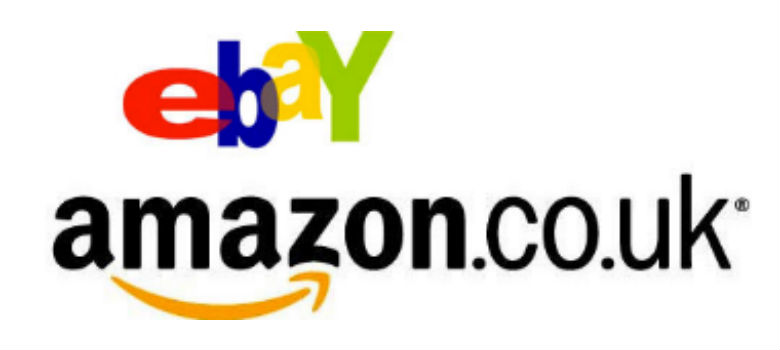Jeff Bezos took Amazon from sales of $7,000 to $1 billion a week. A new biography, The Everything Store, shines a spotlight on his incredible accomplishments.
Who is the most admired tech entrepreneur in the world today? Most people will reply Mark Zuckerberg, Larry Page, Sergey Brin, Steve Jobs or perhaps Elon Musk. Fewer people would reply Jeff Bezos. After reading The Everything Store, a recently published biography of Jeff Bezos written by Brad Stone, however, my answer is Bezos.
Bezos was raised by his mother and Cuban-born stepfather Miguel in Miami. From a young age he demonstrated an extraordinary intellectual capacity combined with natural curiosity and a deeply competitive spirit. While others who have been born with these skills waste them or never put them to good use, Bezos was able to find a purpose early on in his career. While working at an arbitrage fund in New York, he recognized the tremendous opportunity that the Internet presented. He believed it was the perfect vehicle to create the theoretical “everything store,” a place where anyone can buy anything. He risked his career, reputation, savings and his parents’ money to launch Amazon.
Less than two decades later, Amazon is one of the largest companies in the world with over $60 billion in annual revenues. In the process, Bezos has built a fortune that approaches a staggering $30 billion, bought The Washington Post, and amassed almost 300,000 acres of ranch land in West Texas to fulfill his dream of furthering man’s quest to conquer outer space. Not bad for someone still in his 40s.
During its first week live on the Internet, Amazon generated $7,000 in sales. Bezos has taken the company from that humble start to over $1 billion in weekly sales. How do you do that? Here are the top five lessons all small-business owners can learn from Bezos.
5 Lessons From A Business Icon:
1. Be bold in your decision making. Early on, Bezos challenged his employees to make “bold” decisions. Making timid decisions seldom permits your company to capitalize on opportunities for growth. In the early 1990s, it was rather bold to launch a Web-only retail store. Making bold decisions also inspires others to take calculated risks within your organization. If you have chosen to launch your own business instead of being employed by someone else, that in itself is bold. Keep going.
2. Look for initial signs of validation. Amazon went from $7,000 in revenues that first week to double that during the second week. While these figures may seem paltry, they were a critical signal to Bezos that he was on to something. With limited publicity, a rudimentary website and a sales channel that few people even considered to be a sales channel, Bezos knew that any level of sales would be a success. Achieving sales plus sales growth so early on? His idea was validated. What would have happened if Amazon had generated zero sales during its first month? The next lesson casts some clues.
